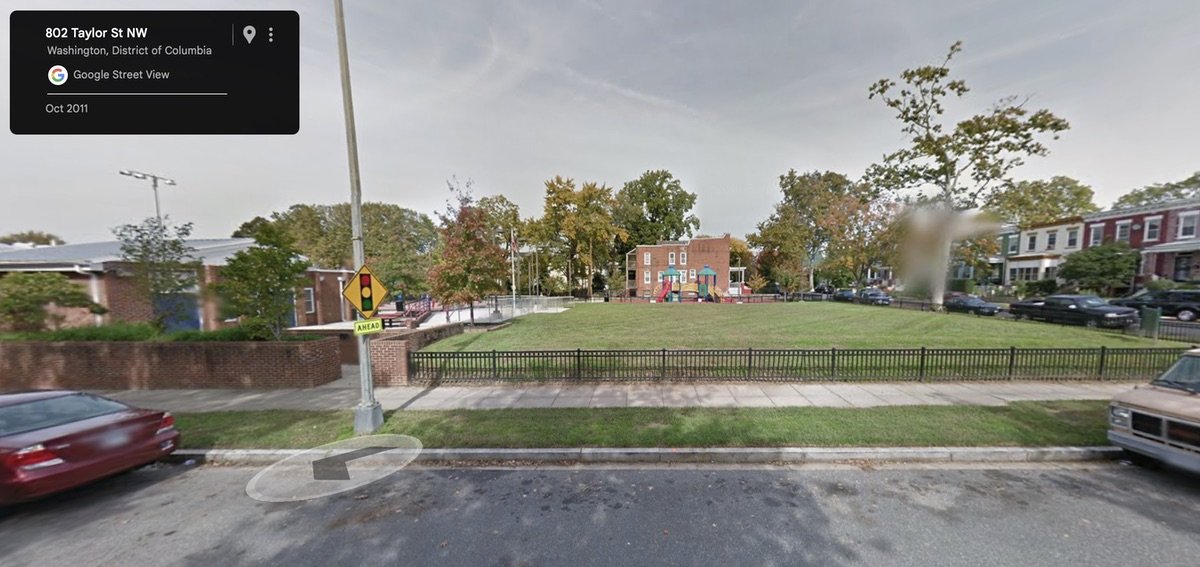Councilmember’s Corner: Protecting your internet privacy rights
/With the recent crippling of net neutrality rules and private ISPs getting full access to use personal data, internet privacy is an important topic for localities to protect as the federal government steps away. (photo: Sebastien Wiertz)
by Brandon Todd
At the July 12th meeting of the DC Council, I took action to protect the privacy rights of District broadband internet customers by introducing the “Broadband Internet Privacy Act of 2017.” As more and more of our personal and professional lives are centered around the internet, privacy protection has become an issue at the heart of life in a digitally-connected era. It is imperative we have robust protections in place, and this bill sees to that.
This bill, co-introduced with six of my colleagues and co-sponsored by an additional three, comes in response to Congress’ repeal of similar Federal Communications Commission (FCC) regulations promulgated under the Obama administration. At least 21 states have filed measures responding to the federal repeal.
In light of the federal government’s lack of leadership on internet privacy, it is time for bold action at the local level to protect the privacy rights of broadband consumers. While internet carriers provide a critical service to District residents, basic rules of the road are required to ensure that consumers have more control over their personal information.
The bill, designed to protect customer choice while giving broadband providers the flexibility necessary to continue operation and innovation, is structured around four key principles:
Transparency: Carriers are to provide clear and accurate privacy notices to customers, informing them of what information is being collected and how it will be used and shared.
Choice: Customers must be empowered to decide how broadband providers use and share their personal data, including opt-in approval for sharing sensitive private information and opt-out approval for non-sensitive private information.
Data Breach Security: In the event of a data breach, carriers must notify the Public Service Commission and the Office of the Attorney General.
A prohibition on “take-it-or-leave-it” offerings: Carriers will not be allowed to make broadband service contingent on customers surrendering their privacy rights.
Upon the Council reconvening in the fall, I look forward to continuing the dialogue and hope my colleagues will hold a hearing on the issue. Internet privacy is complex and multifaceted. We need to have a public discussion, not only at Council, but in classrooms and in homes about our digital footprint.
It is vital that all residents know how their information is being accessed and used, and how to take control over their personal and sensitive information.




















